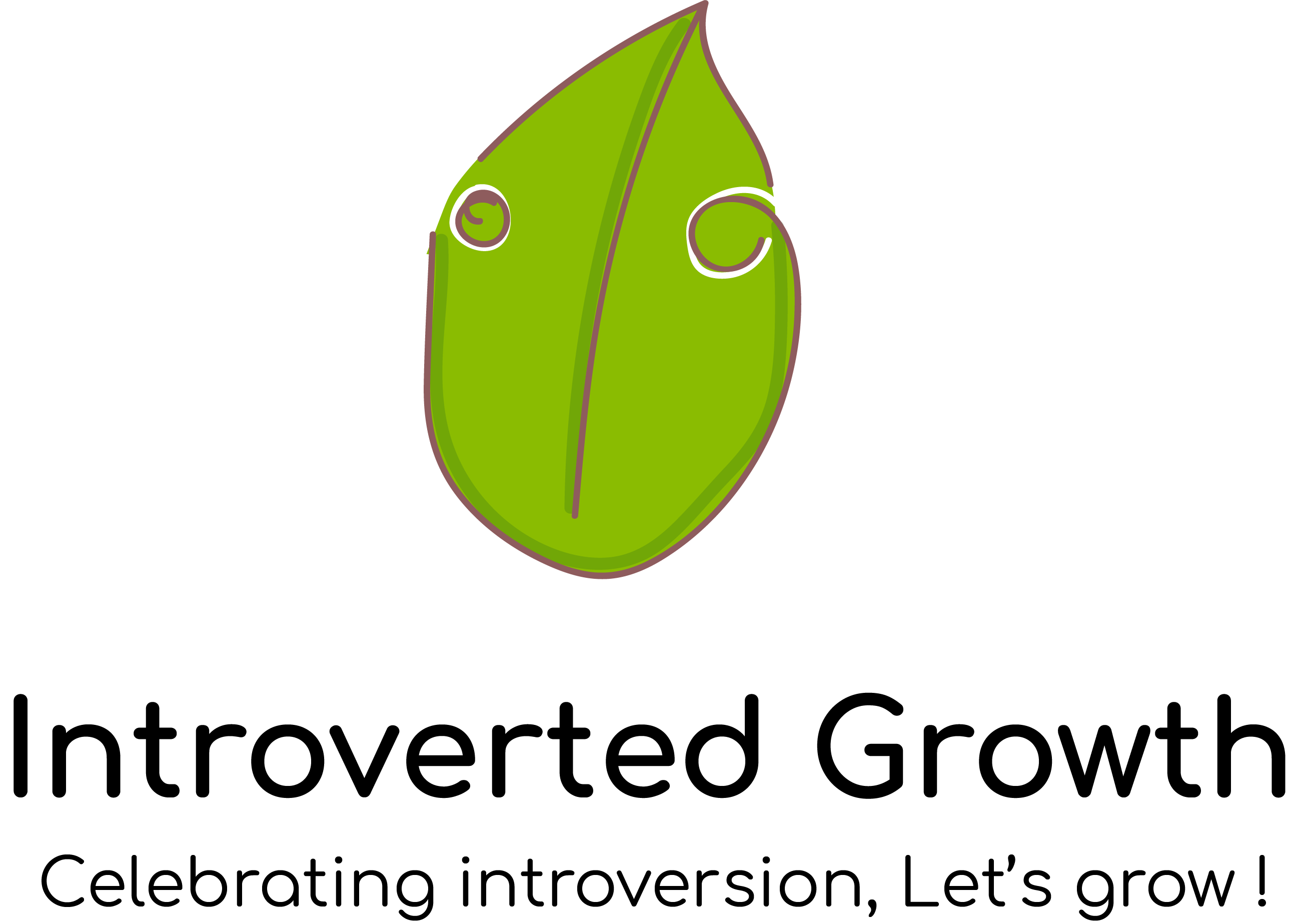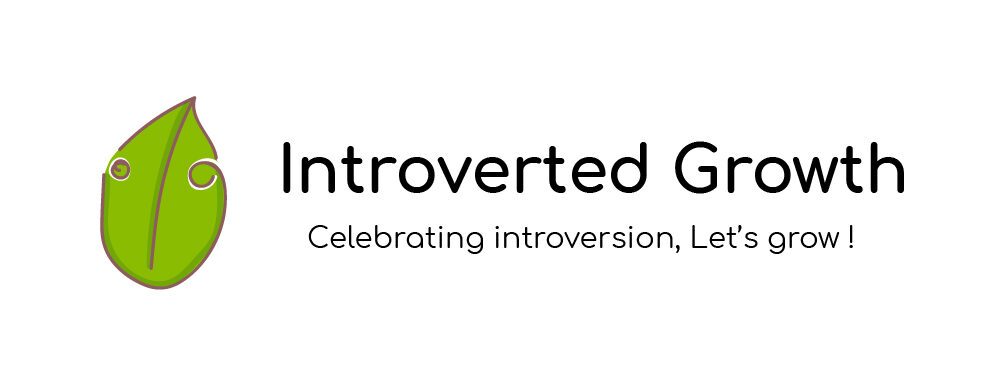This guide will explore the ISTP 4w5 personality type. We’ll look at the key characteristics, weaknesses, and some famous characters that fit this personality type.
What Does ISTP 4w5 Mean?
The ISTP 4w5 personality is a unique blend of the Myers Briggs ISTP type and Enneagram type 4 wing 5.
This combination results in a personality that is both independent and creative. ISTP 4w5s are often drawn to solitary pursuits and enjoy exploring their own minds and imaginations. They are highly individualistic and often prefer to do things their own way.
This personality type is mainly driven by the core desire to be unique and different. They want to stand out from the crowd and be seen as special.
This can sometimes result in ISTP 4w5s appearing aloof or even arrogant.
This is usually just a front for their insecurity. Deep down, ISTP 4w5s just want to be accepted and loved for who they are.
Their core fear is of being ordinary or average. They fear that if they are not different, they will be invisible and unimportant.
Key characteristics of the ISTP 4w5
Individualistic
This personality type is highly individualistic. They are independent and would rather be alone than in a group. They like to do things their own way and can be seen as non-conformists.
Emotional
While they can be very independent, ISTP 4w5s also have a strong need for emotional connection and intimacy.
They are often drawn to art and music as a way to express their emotions.
Sensitive
ISTP 4w5s are sensitive to the needs of others and can be very compassionate. They may have a strong sense of justice and can be champions for the underdog. However, they may also avoid conflict and can be seen as passive.
Reserved
The ISTP 4w5 is usually quite reserved and quiet. They are not the type of person to share their feelings or emotions openly. They prefer to keep to themselves and may come across as aloof or uninterested.
Logical
ISTP 4w5s are logical thinkers and use their heads more than their hearts. They are good at problem solving and can be very analytical. However, they may also have difficulty understanding emotions and can be seen as cold or insensitive.
Practical
This personality type is very practical and down to earth. They are not interested in theoretical concepts or ideas. They prefer to focus on the here and now and solving concrete problems.
Flexible
ISTP 4w5s are flexible and adaptable. They are good at going with the flow and don’t like rigidity or rules. However, they may also be seen as indecisive or flaky.
Well informed
These individuals seek knowledge in every situation and are constantly learning. They like to be well-informed and have a strong need for understanding the world around them.
Creative
ISTP 4w5s are often very creative. They may express their creativity through art, music, or other forms of self-expression.
Key weaknesses of the ISTP 4w5
Too introverted
One of the main weaknesses of the ISTP 4w5 is that they can be too introverted. They may find it difficult to socialize and can be seen as shy or aloof.
Too emotional
While they may have a strong need for emotional connection, ISTP 4w5s can also be too emotional. They may find it difficult to control their emotions and can be seen as volatile or unpredictable.
Indecisive
Sometimes the ISTP 4w5 can have trouble making decisions. They may second-guess themselves or overthink their options, leading to indecision.
Becoming perfectionistic
ISTP 4w5s often strive for perfection in everything they do. While this can be a strength, it can also be a weakness. They may be overly critical of themselves and others and can be seen as perfectionists.
Overly sensitive
ISTP 4w5s can also be too sensitive. They may take things personally or be easily hurt by criticism. While this sensitivity can be a strength, it can also be a weakness.
8 Best careers for the ISTP 4w5 personality type:
This personality type will naturally thrive in careers that allow them to be independent and autonomous.
They will also do well in careers that allow them to use their hands-on skillset and be creative in their problem solving.
Here are 8 careers that would be a good fit for the ISTP 4w5 personality type:
1. Entrepreneur
2. Carpenter
3. Mechanic
4. Chef
5. Graphic Designer
6. Photographer
7. DJ
8. Travel Agent
Famous ISTP 4w5 Characters
ISTP 4w5 Fictional Characters
- Mark Allan “Molten Man” (The Spectacular Spider-Man 2008)
- Jeff McCallister (Home Alone)
- Erin Ulmer (Final Destination 3, 2006)
- Frank (Raising Hope)
ISTP 4w5 Anime Characters
- Chiaki Mamiya (The Girl Who Leapt Through Time)
- Lykos (Children of the Whales)
- Junichi Katsuragi (Kids on the Slope)
ISTP 4w5 Celebrities/ Historical Figures
- Johnny Cash (Musician)
- Leedo (Kpop: ONEUS)
- Alvin Kamara (Football)
- Reol (Musician)
FAQs
ISTP 4w5 Meaning?
A combination of the Myers-Briggs personality type indicator and the Enneagram of Personality, the ISTP 4w5 personality is a unique individual.
They are analytical and logical, but also creative and spontaneous. They are often misunderstood, but their loyalty and passion make them great friends and allies.
Can ISTP be Enneagram 4?
Although it’s not common for an ISTP to be identified as type 4 on the enneagram test, It’s still possible for an ISTP to be a type 4. They actually make up 4% of all ISTPs.
ISTP 4w5 vs ISTP 4w3?
The 4w5 ISTP is more reserved and independent than the 4w3 ISTP. They are more likely to keep to themselves and be alone rather than being around others.
ISTP 4w5 vs ISTP 9w8?
The main difference is that the ISTP 4w5 is more reserved and introspective, while the ISTP 9w8 is more outgoing and extroverted. The 4w5 ISTP is also more likely to be creative and artistic, while the 9w8 ISTP is more likely to be practical and down-to-earth.
ISTP 4w5 vs INTP 4w5?
The 4w5 INTP is known for their independence, whereas the 4w5 ISTP is known for their resourcefulness. However, both types are highly intelligent and creative individuals who enjoy having a good intellectual pursuit.
Both ISTP 4w5s and INTP 4w5s are independent thinkers who value their freedom and privacy.
ISTP 4w5 vs ISTP 5w4?
ISTP 4w5s are known for their creative minds, originality, and artistry. They are often drawn to creative pursuits such as art, music, and writing.
They have a strong sense of aesthetics and are often very picky about the things they surround themselves with.
ISTP 5w4s are known for their logical minds, originality, and analytical skills. They are often drawn to fields such as science, mathematics, and engineering.
They have a strong sense of order and are often very picky about the things they surround themselves with.
CONCLUSION
Did you find this ISTP 4w5 guide helpful? Make sure to help us create personality type awareness by sharing it with people who’ll find it helpful too!
Before you leave, we want you to keep in mind that personality type traits are just the backbone of our personality, there’s always more to us than just a few letters.
We encourage you to keep exploring and growing, no matter what your personality type is! Thank you for reading this guide!






